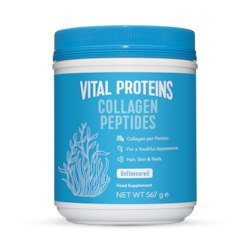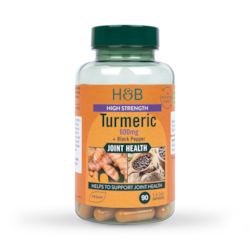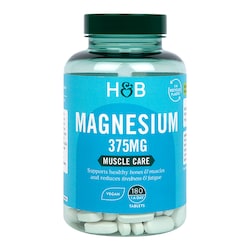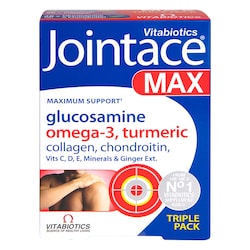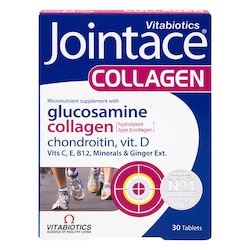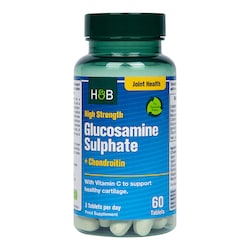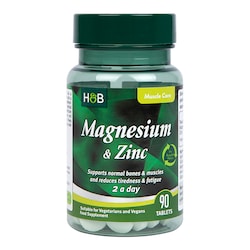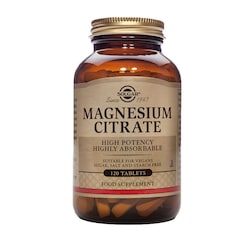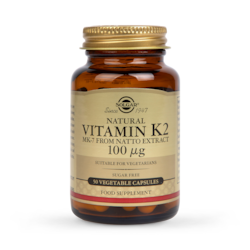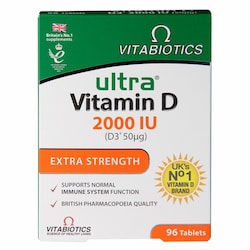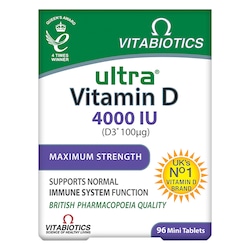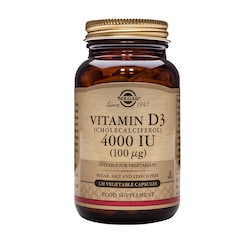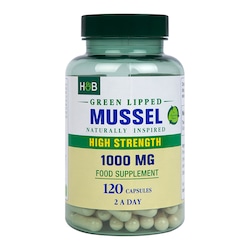20% off £30
Gout: Causes, treatment & prevention

According to Versus Arthritis’ The State of Musculoskeletal Health 2019 report, around 1 in 40 people in the UK have gout.1
That amounts to around 1.6 million individuals.
Here we uncover more about gout and share diet tips that could help you to treat grout.
What is gout?
Gout is a common type of arthritis. It tends to flare up in acute, painful attacks that can last from a few days to a couple of weeks.
For some sufferers, this happens several times per year, whereas others are lucky to only experience gout once in a lifetime.
This makes it very different to other types of arthritis, such as rheumatoid arthritis and osteoarthritis.
It causes a number of unpleasant symptoms including pain, redness, swelling and stiffness in the affected area.
This can happen very suddenly (often in the middle of the night) and the big toe is commonly the first joint affected.
What causes gout?
Like other forms of arthritis, the pain associated with gout is provoked by inflammation around one or more joints.
But what makes gout unique is what causes this inflammation. This is down to a build-up of uric acid.
It’s normal to have some uric acid in your bloodstream. For most people, the kidneys flush most of it out of the body in urine.
However, if your body produces too much uric acid (and doesn’t excrete enough) it builds up and accumulates. This is when crystals can form, and a flare of gout can trigger.2
How to treat gout at home
If you experience an attack of gout:
- raise the affected area
- keep the joint cool
- drink fluids to hydrate
- protect the affected area from knocks or further damage
- rest and relax
How to prevent gout
Some things that increase the risk of gout are out of your control – your age, gender and family history for example.
However, your body weight and diet are also important factors.
The rise in gout in recent years is linked to our widening waistlines.
Being overweight, eating fatty foods and consuming too much alcohol are established triggers of flares of gout.
And although losing weight and avoiding certain foods may not be the magic answer to how to get rid of gout, it may help to reduce the likelihood of a future attack.
Diet tips that can help with how to treat gout
These handy diet tips will give you insight into what to eat and not eat if you have gout.
-
Cut out fizzy drinks
Uric acid forms when the body breaks down chemicals called purines.
Sugary, fizzy drinks can increase levels of uric acid in the blood, so avoid grabbing a can when you’re thirsty.
Cutting out sweet fizzy drinks is also good for your waistline.
Handpicked content: Healthy drinks to make at home
-
Avoid consuming large amounts of food high in purines
Purines are chemical compounds found in some foods and drinks.
Gout sufferers find the chemical harder to metabolise, so avoiding consuming large amounts of high purine foods is advisable.
Beef, lamb, game, offal, and some seafoods such as mackerel, mussels, anchovies, sardines, crab and herring are all examples.
High-fat dairy products, yeast, beer and gravy are also sources.3,4
-
Ditch protein-rich diets
It’s important to maintain a healthy weight to prevent an attack of gout, but crash diets are not the answer.
The common low-carb and high-protein diet is rich in purines, so it can increase your risk.
Handpicked content: Why crash dieting could harm your health
-
Avoid too much alcohol
Certain types of alcohol, such as beer and stout, can raise uric acid levels in the blood increasing the risk of a flare of gout.
Spirits are linked to a much lower risk of developing gout, and wine – if you stick to the recommended daily amount – is not linked to an increased risk.
-
Up your water intake
Staying well hydrated can help along the process of flushing urates from your body.
Make sure you’re drinking around 1.2 litres of fluid – including plenty of water – every day. And remember to drink more if you’re exercising or if it’s hot.
Handpicked content: How much water should I be drinking each day?
-
Lose some weight
The rise in gout has been linked to our widening waistlines; around 600,000 Brits have already been diagnosed and the incidence is increasing by around 4% a year, every year.
As we get fatter, experts predict these numbers will rise even further.
As well as following a healthy diet, try some simple exercises to help whittle your waistline.
-
Try remedies for gout
There are some nutrients that could be helpful.
- Proanthocyanidins can help neutralise uric acid and reduce inflammation
- Quercetin can reduce uric acid and may also provide relief
- Omega-3 fatty acids can reduce inflammation, so add a supplement if you’re also cutting out certain seafoods that are rich in purines
- Heard about cherry juice for gout? It’s proposed that tart cherry juice could temporarily lower blood uric acid levels, but more research is required to fully understand this link5
Handpicked content: Foods to avoid if you have gout
Summary: Is food the answer to how to treat gout?
Gout is common but widely misunderstood.
There is a misconception that it is directly linked to alcohol consumption and gluttony, but diet is more likely to be a trigger for an attack rather than the sole cause.
Although dietary changes alone cannot get rid of gout, adapting what you eat can boost wellness and help with living with the condition.
And remember, it is a serious, chronic condition, so always follow the advice of a doctor on how to treat gout.
Last updated: 17 August 2021
- https://www.versusarthritis.org/media/14594/state-of-musculoskeletal-health-2019.pdf
- https://www.versusarthritis.org/about-arthritis/conditions/gout/
- https://www.versusarthritis.org/about-arthritis/conditions/gout/
- https://www.niams.nih.gov/health-topics/gout#tab-causes
- https://www.nhs.uk/news/food-and-diet/cherry-juice-touted-as-treatment-for-gout/


